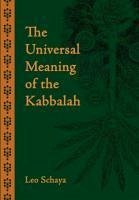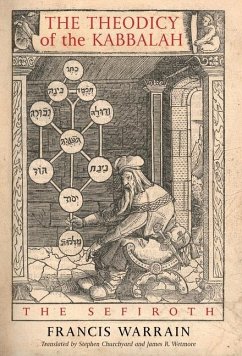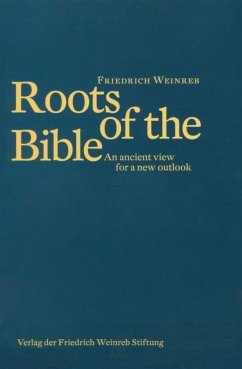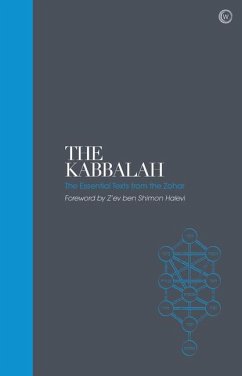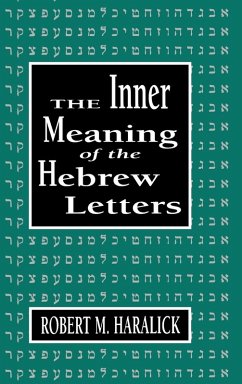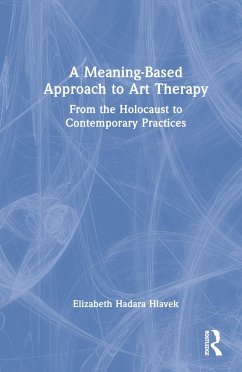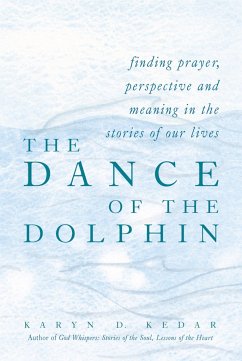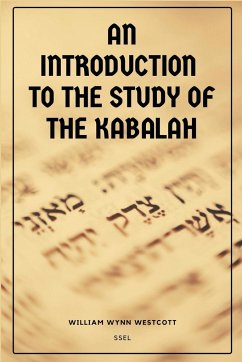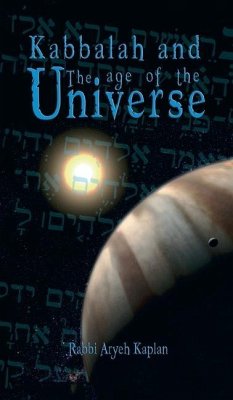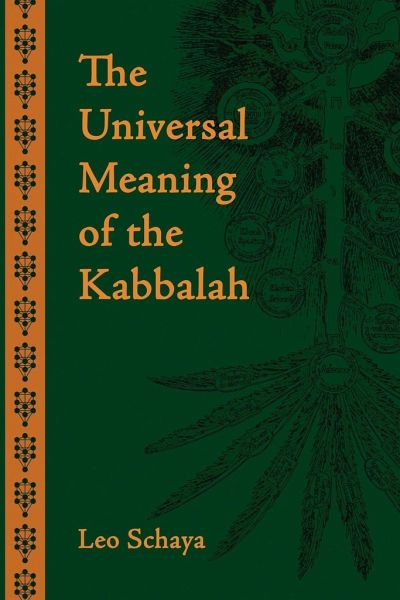
The Universal Meaning of the Kabbalah

PAYBACK Punkte
10 °P sammeln!
Third Edition God, the Universe, and Man-their essential unity and fundamental attributes as seen through the eyes of Jewish esoteric tradition-is the subject of Leo Schaya's masterly study of the Kabbalah. Unlike most works on the subject, which focus on the history of the Kabbalah or the Kabbalah as literature (not to mention countless 'new age' rants), this penetrating text expounds the universal teachings of the Kabbalah on the relationships of all things to their supreme archetypes, the ten Sephiroth, or principial aspects of God. In addition to the Old Testament and the Talmud, Schaya draws on one of the classical sources of Jewish mysticism-the Zohar, or Book of Splendor-fromwhich he extracts an all-embracing synthesis of the numberless degrees of All-Reality, to which correspond the multiple states of human being, from earthly individuality to essential identity with the Absolute. This work, acclaimed by reviewers and scholars alike, fittingly concludes with an illuminating chapter on the Name of God, which saves 'all those who invoke him in truth.' Students of comparative religion will find an abundance of information here, for striking parallels both with the Hindu cosmological doctrines and the metaphysical insights of the Vedantic sages are among the surprises interlaced in this account of Judaic esoteric wisdom. In this, Schaya carries on the extraordinary work of three great 20th-century metaphysicians of the philosophia perennis: René Guénon, Frithjof Schuon, and Ananda K. Coomaraswamy. This book will be extremely useful to anyone who is, in the words of Maimonides, 'perplexed' by the Bible in the sense of having exercised his best thinking about it and who now stands 'broken' before its apparent contradictions and its overwhelming emotional authority. The Kabbalah, or esotericism, is the communication to man of what Schaya calls principial ideas, ideas that are to thought and actions what the sun is to its rays. Standing between metaphysical ideas and the symbolic language of the Zohar and the Old Testament, he allows each side to penetrate the other. -Jacob Needleman, author of Lost Christianity, A Sense of the Cosmos, etc. This book fills an urgent need. To rediscover the deepest meaning of the Old Testament is something that could haved a most tonic and enlightening effect on the whole of Christian thought today; no clearer interpreters are to be found than the masters of the Kabbalah. -Marco Pallis, author of The Way and the Mountain, A Buddhist Spectrum, etc. Leo Schaya was born in Switzerland in 1916. He received a traditional Jewish upbringing, but from an early age devoted himself to the study of the great metaphysical doctrines of East and West, particularly those of Neoplatonism, Sufism, and theAdvaita Vedanta. His works include, in addition to The Universal Meaning of the Kabbalah (first published in French in 1958 as L'Homme et l'Absolu selon la Kabbale), La Doctrine Soufique de l'Unité, La création en Dieu: à la lumière du judaïsme, du christianisme et l'islam, and Naissance à l'esprit, as well as numerous articles.



